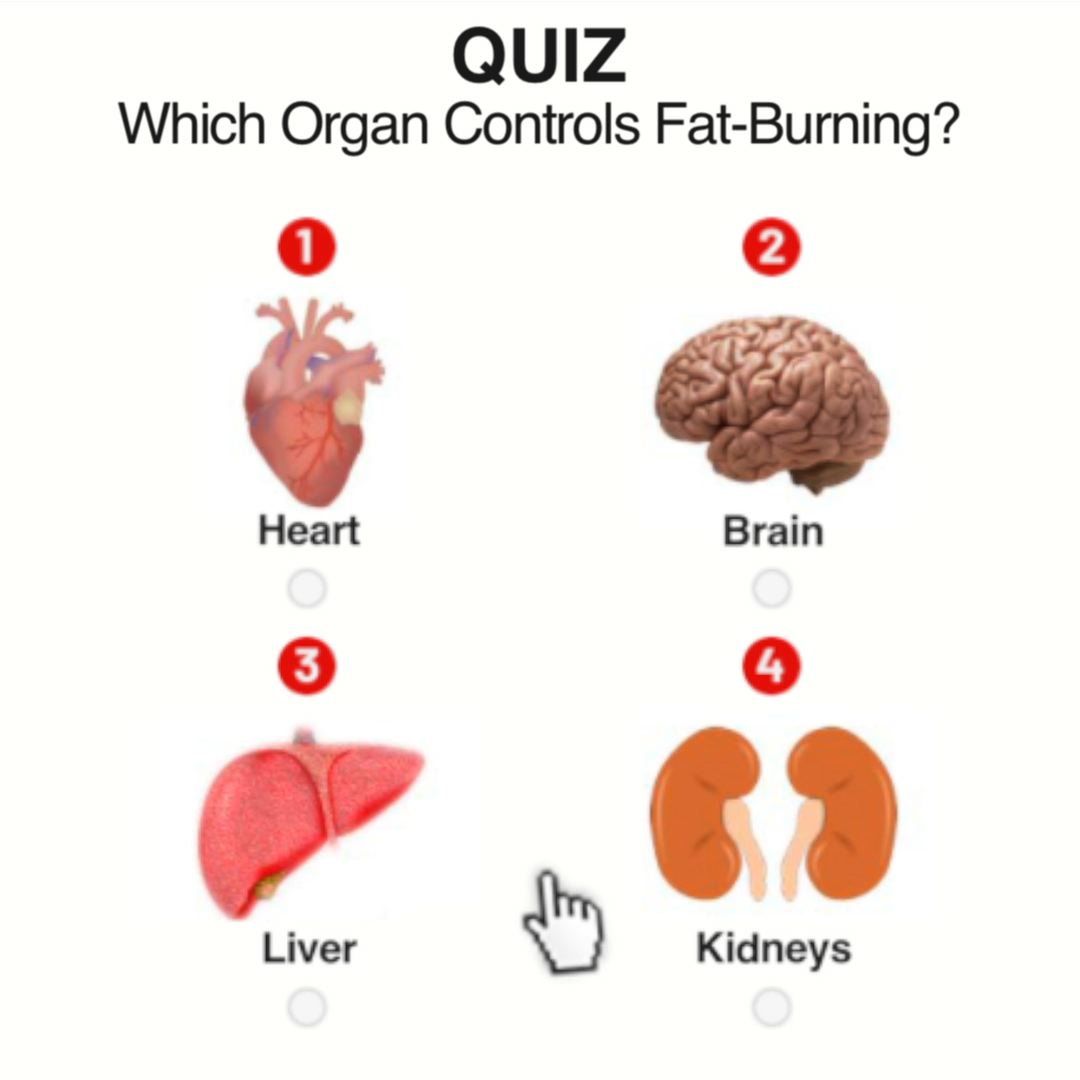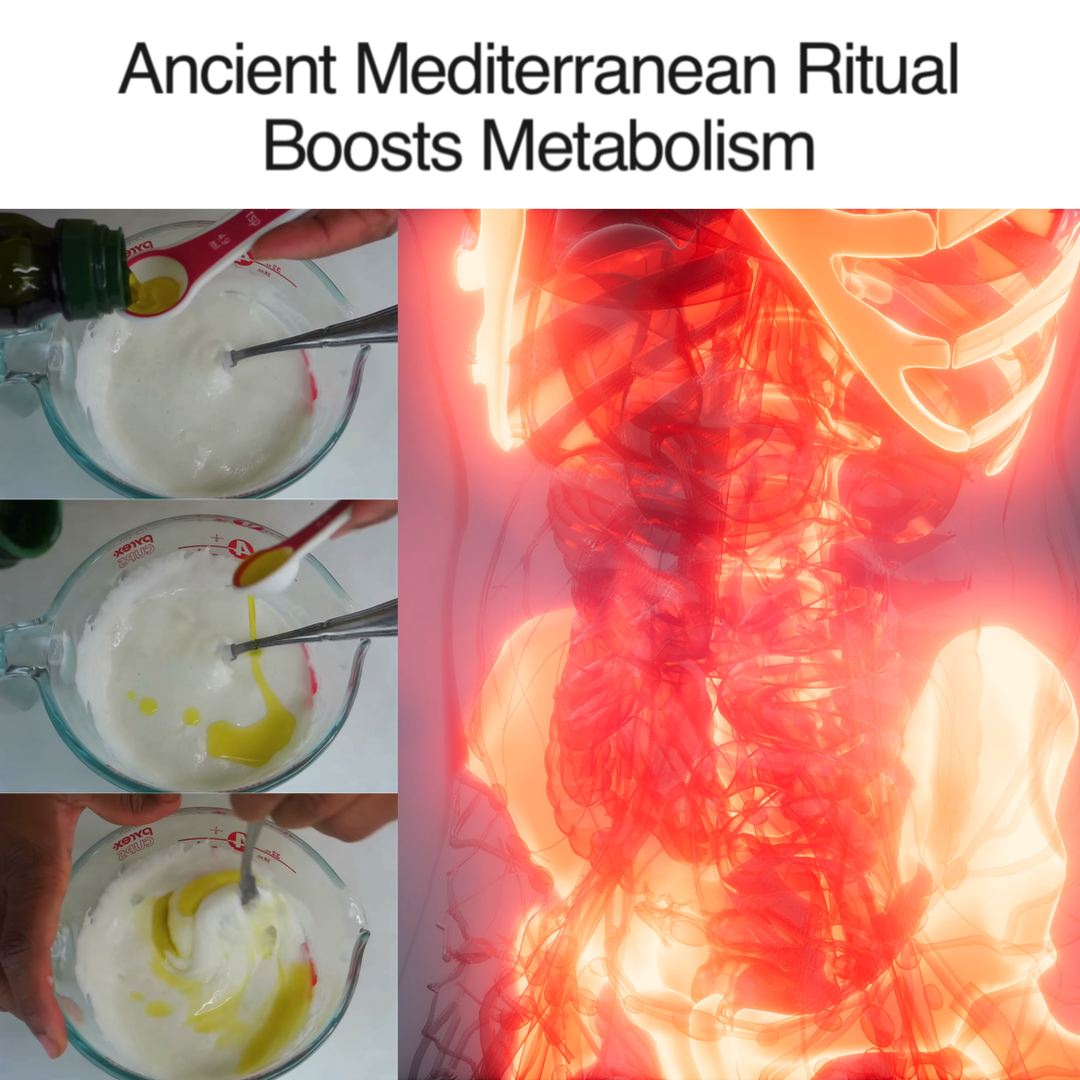
Aluminum foil might be a kitchen staple, but it turns out there are some hidden dangers lurking behind its convenience. Before you grab that next sheet, you might want to rethink your choices. Here’s why:
Aluminum Foil Is Linked to Neurotoxicity
Aluminum isn’t something you want to ingest, but when you cook with foil, especially with acidic foods like tomatoes or lemons, the metal can leach into your meal. Studies suggest that over time, consuming high levels of aluminum could contribute to neurodegenerative diseases, such as Alzheimer’s. While the evidence isn’t conclusive, the risk is enough to make many people reconsider cooking with foil.
Aluminum Foil May Weaken Your Bones
Exposure to aluminum over time might affect the way your body manages calcium. Research suggests that aluminum can interfere with the activity of osteoblasts, the cells responsible for building and maintaining bones. As a result, prolonged exposure could lead to weakened bones and increased risk of osteoporosis. If you’re concerned about your long-term bone health, cutting out aluminum foil might be a smart move.
Aluminum Foil May Increase the Risk of Pulmonary Issues
If you’re using aluminum foil for grilling or cooking at high temperatures, you could be exposing yourself to more than just leached metal. Inhaling aluminum particles, especially in the form of fumes or vapor when foil is heated, has been linked to lung conditions such as pulmonary fibrosis. Protecting your lungs is crucial, so limiting the use of aluminum foil could help reduce exposure to these harmful particles.
What to Use Instead? Healthier Alternatives to Aluminum Foil
The good news is that you don’t have to rely on aluminum foil for your cooking and storage needs. Here are some safer alternatives that work just as well:
- Glass containers for storing food, which are both non-toxic and durable.
- Ceramic or cast iron dishes for cooking, which don’t leach harmful chemicals into your food.
- Silicone baking mats or parchment paper for baking, offering a non-stick surface without the risks associated with foil.
By making these small changes, you can cook and store food in a safer, healthier way!
Conclusion
While aluminum foil might seem harmless, its potential risks to brain health, bone strength, and respiratory function are worth considering. By switching to safer alternatives like glass containers, ceramic cookware, and silicone baking mats, you can avoid these dangers without compromising convenience in the kitchen. Taking small steps to reduce aluminum exposure can contribute to better long-term health for you and your family.














